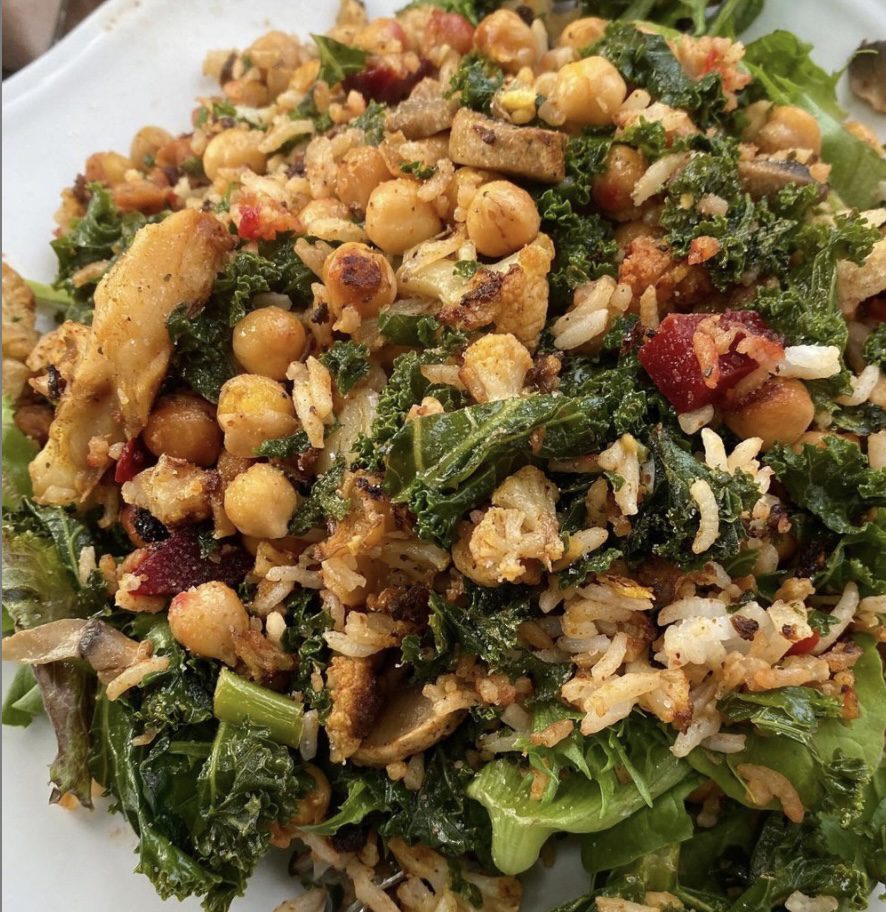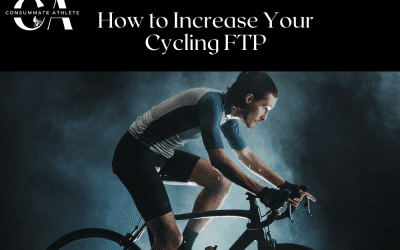Stevie Lyn Smith MS, RDN, CSSD, CDN recently joined us on the Consummate Athlete Podcast to talk about all things sports nutrition—and athlete blood testing! It was a really informative episode, and we wanted to pull out a few of our favorite moments to share.
And just a reminder, if you’re interested in doing some bloodwork, we HIGHLY recommend checking out Inside Tracker. Whether you’re in the US or Canada, it’s a really awesome way to get a look at what’s going on below the surface in an easy (and seriously cost-effective) way. Over the years, in both the US and in Canada, I’ve struggled to get doctors to requisition bloodwork for me, and I know I’m not alone in this. (I actually had a great interview with Ellen Noble over on Bicycling where we talk about how doctors tend to not care if athletes are feeling off, because we’re still functioning as humans. But we know something is not right.)
ANYWAY. If you’re interested, check out insidetracker.com/consummate to get 25% off (!) whatever blood test you’re ordering. No time to get to a lab? You can order a mobile blood draw where they literally come to your house and take your blood in under 10 minutes. It’s SO freaking convenient.
On to Stevie’s excellent advice:
Learn your version of optimal
When you’re talking about bloodwork, I like to be on the offense, and focus on really optimizing things. Your zones should be based on you in this moment in time. Do you eat seafood? Are you vegan? Are you gluten free? Do you take any supplements? How much time you spend outside? What are your activity levels? And that should be taken into account when your optimal zones for where your markers should be are calculated. A doctor is generally looking at a big range and will only notice things once they’ve already become clinical problems. I like staying ahead of that.
Watch for stress
For female athletes, cortisol and ferritin are two of my biggest bloodmarkers I’m looking at. Cortisol is your stress hormone. And ferritin is the stored form of iron, it gives us the most accurate measure of iron status. Personally, if my cortisol is high, and my ferritin is low, I put myself in a running timeout. You can’t outrun high cortisol.
If you’re training for a race, you’re probably pretty type A and you’re probably also trying to do all of the things. But there’s only so much room for stress: it’s like a bucket, it’s cumulative, and if it’s full, something’s got to give. 99.9% of us can’t give up work stress. You can’t give up family stress or life stress. So typically, we need to pull back training a bit.
As an athlete, if you’re trying to get stronger or change your body composition in any way, if your cortisol is sitting chronically high, that change is probably not going to be happening. It’s not like you have to stop exercising with high cortisol though. But can we do something different? Can we do something lower intensity? A lot of people struggle with taking easy days easy, but that’s important.
Everything works together and affects each other
Are you getting enough exercise? Are you getting enough rest days? Are you getting enough sleep? Are you eating enough? All of those things impact each other. But on a deeper level, everything is working together. If you have high levels of inflammation, for example, high inflammation can impact iron absorption.
Fuel your gut (for gut health)
More research is needed around gut health, especially for athletes. But an optimized gut microbiome can improve energy metabolism during exercise. A healthy gut can help mitigate inflammation and delay that post-exercise fatigue.
Poor sleep can negatively impact gut health. And under fueling and restricting intake can definitely have a negative impact on an athlete’s gut health. One of the things that will definitely impact your digestion and how your gut feels is stress. How stressed are you at mealtimes? How stressed are you all the time?
Information is power, but it’s not the end of the line
After you get bloodwork done and get your results back, that’s just the beginning. I tell people to pick a few things, not too many things to change at once. You don’t want to do 10 different things right away. For one thing, you then have no idea which of these 10 things actually helped you make a change, if you do manage to stick to all of them. But also, it’s harder to stick to 10 interventions at once.
Pick things that you feel like you can be successful at. Start small and realistic. Start with one change, and maybe build up to doing five things at once. Then when you retest, see if there was a change. Where are the biomarkers that you were trying to optimize? Are they improving? Maybe you see a little shift in your cholesterol by eating beans once a week, and maybe you need to eat beans three times a week to get that bigger dip that you want, and you can try that next. Pick actions a that you can sustain. Try them for a while, and then evaluate to see if those things are working.
A few more awesome articles from Stevie:
https://blog.insidetracker.com/gut-health-affects-athletic-performance
https://blog.insidetracker.com/menstrual-cycle-affect-blood-test-results
InsideTracker – 25% off visit insidetracker.com/consummate






